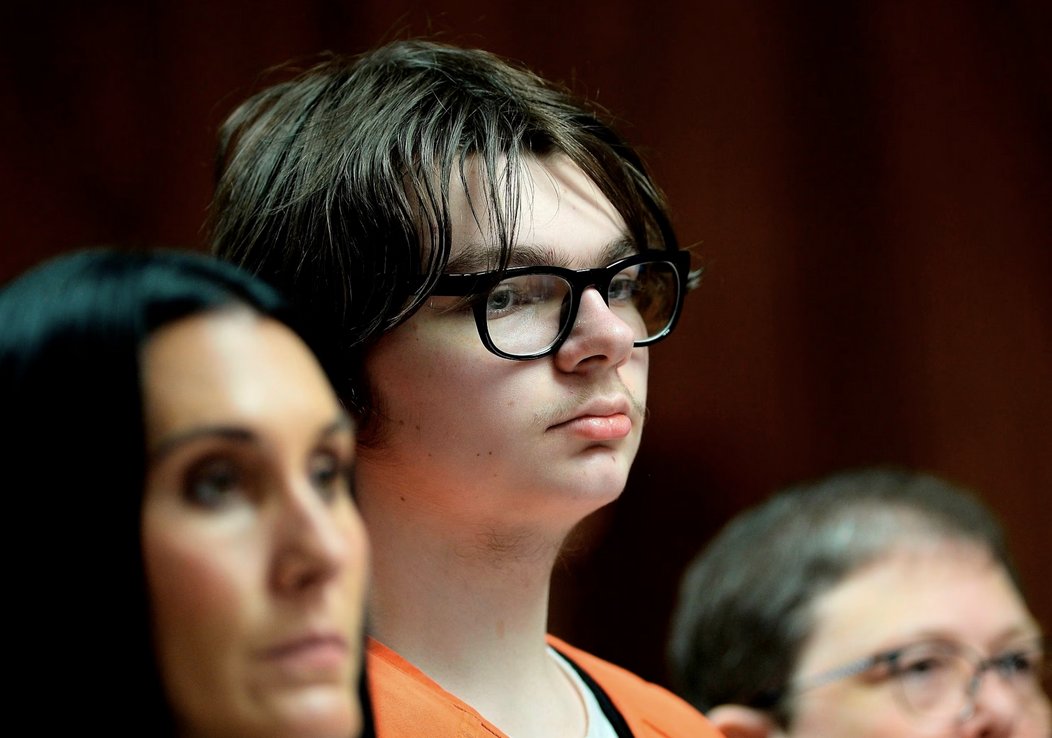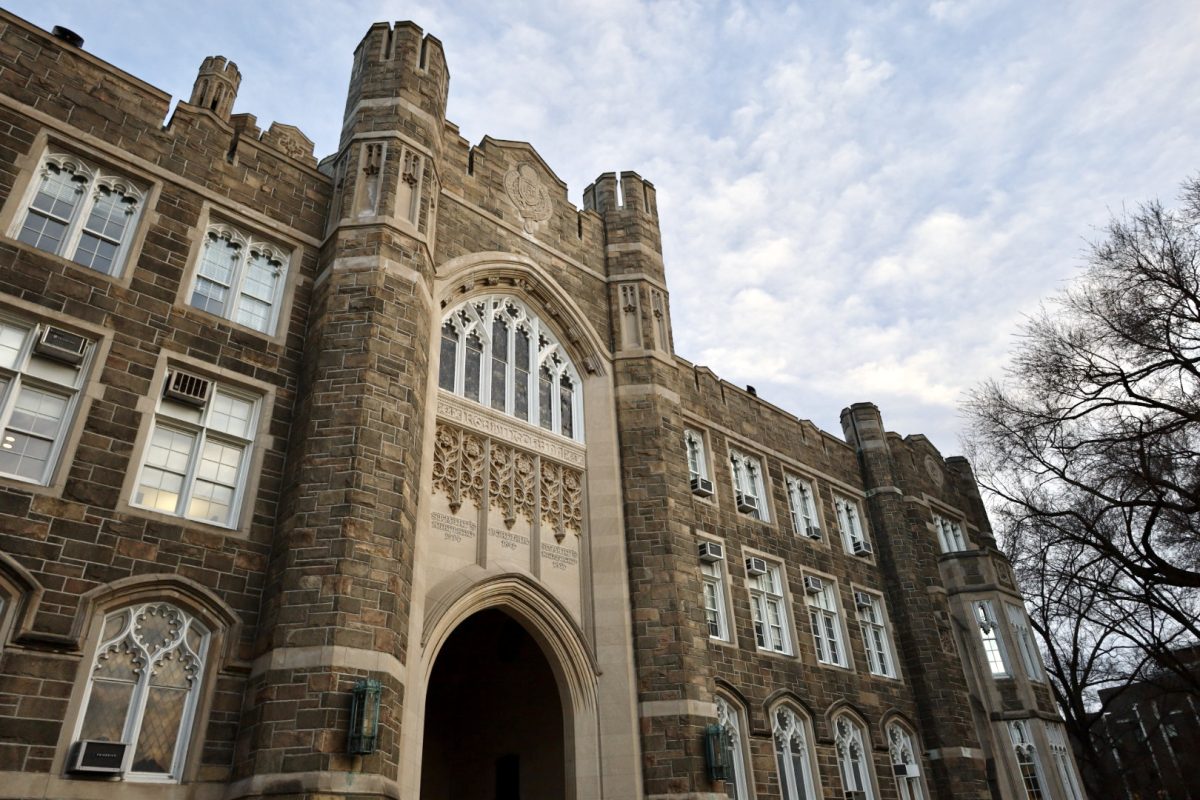The harsh reality of living in the United States is sitting in class and having the thought pop into your head: “How would I react if an active shooting happened?” Everyone has thought about it in the midst of tragic shootings plaguing our nation. On Nov. 30, 2021, 15-year-old Ethan Crumbley walked into Oxford High School in the town of Oxford Township, Mich., and shot four students to death, teenagers who will never have the chance to go to college, get married, have children or see their families again. Ethan’s landmark case ruled his parents as partially responsible for the heinous act and his mother, Jennifer Crumbley, was charged with four counts of involuntary manslaughter, each carrying a maximum sentence of 15 years due to her failure to avoid this catastrophic event. Due to the Crumbley case, a debate has emerged regarding the possible accountability of parents of school shooters.
The utter pain and anguish caused by these senseless acts of violence are immeasurable, prompting society to search for answers and assign blame. Some have argued that parents should bear responsibility for their children’s actions, citing their role in shaping a child’s character and values. Others maintain that it is unjust to hold parents accountable for the choices of their children. However, when considering that Ethan’s parents evidently ignored his mental health issues and bought him the gun he used in the shooting, it becomes hard not to place blame on their negligence.
At Ethan’s trial, the prosecutors presented evidence that Ethan “had wanted mental health help and complained of hallucinations,” but said his parents did not get him treatment. Jennifer stated that she didn’t think her son had mental health problems. This statement tugs on both sides of the overall issue, due to the fact that it is hard to believe any parent would give their teenager a gun if they believed they were also inevitably handing them a life sentence. However, it’s equally hard to see the intelligence in parents who give a gun to their 15-year-old in general, especially after the shooter’s previous behavior.
The sentencing of Ethan’s parents could be beneficial if their consequences can serve as a deterrent, prompting parents to be more vigilant about their children’s mental health and behavior. By establishing consequences for parental negligence, society can potentially create a stronger incentive for parents to actively engage in their children’s lives, ensuring they receive the necessary support and guidance. However, blaming parents for the behavior of their adolescent children oversimplifies the complex factors that contribute to criminal behavior.
The idea of holding parents accountable contends that a child’s upbringing plays a pivotal role in shaping their character. Parents are the primary influences in a child’s life, responsible for instilling morals, teaching empathy and fostering a sense of responsibility. In cases where a child resorts to violence, it can be argued that parental neglect or inadequate guidance may contribute to the development of a troubled individual. But this is not always the case. Parents may not always be aware of the struggles their children are facing, especially when it comes to mental health issues. Mental health challenges can manifest in subtle ways, and even the most attentive parents may find it difficult to identify and address the root causes of their child’s distress. Placing blame solely on parents may lead to a culture of fear and judgment that discourages parents from seeking help for their struggling children. Therefore, a balanced approach to addressing the issue of parental accountability needs to involve identifying that bad parents aren’t the sole determinants of becoming a school shooter. The complexities involved in character development from social, environmental and psychological factors all contribute to an individual’s development, making it challenging to pinpoint a single source of blame.
It is essential to consider the legal implications of holding parents accountable for the actions of their adolescent children. The legal system generally holds individuals accountable for their own actions, with legal adulthood typically beginning at the age of 18. Deviating from this principle would require a reevaluation of the legal framework surrounding individual responsibility. It would require this reevaluation since it would have to extend out into other instances where young people are murdering others, not just in schools.
Rather than focusing solely on assigning blame, society should prioritize preventive measures and support systems. Investing in mental health resources, early intervention programs and educational initiatives can help identify and address issues before they escalate to acts of violence. By fostering a culture that encourages open communication, understanding and empathy, we can create an environment where individuals can feel comfortable seeking help for struggles.
Instead of focusing solely on assigning blame, society should strive to implement measures and support systems that effectively address the root causes of violence. Ethan’s parents certainly are receiving what they deserve for their unjustifiable decision to give their 15-year-old son a deadly weapon, and hopefully, this devastating situation can serve to prevent parents from allowing their children to own guns before the proper age and mental evaluations. However, it is crucial to consider the myriad factors that contribute to an individual’s development. Advocating for change in our society has to start with a way to allow punishments to have a significant impact on an issue as serious as gun violence in schools, and if that means taking it up a notch in cases like this one, it is the price we must pay. Ultimately, a nuanced and multifaceted approach is necessary to create a safer, more compassionate society for all.
Alexa Ciarletta, FCRH’26, is a biological sciences major from Harlem, N.Y.













































































































































































































